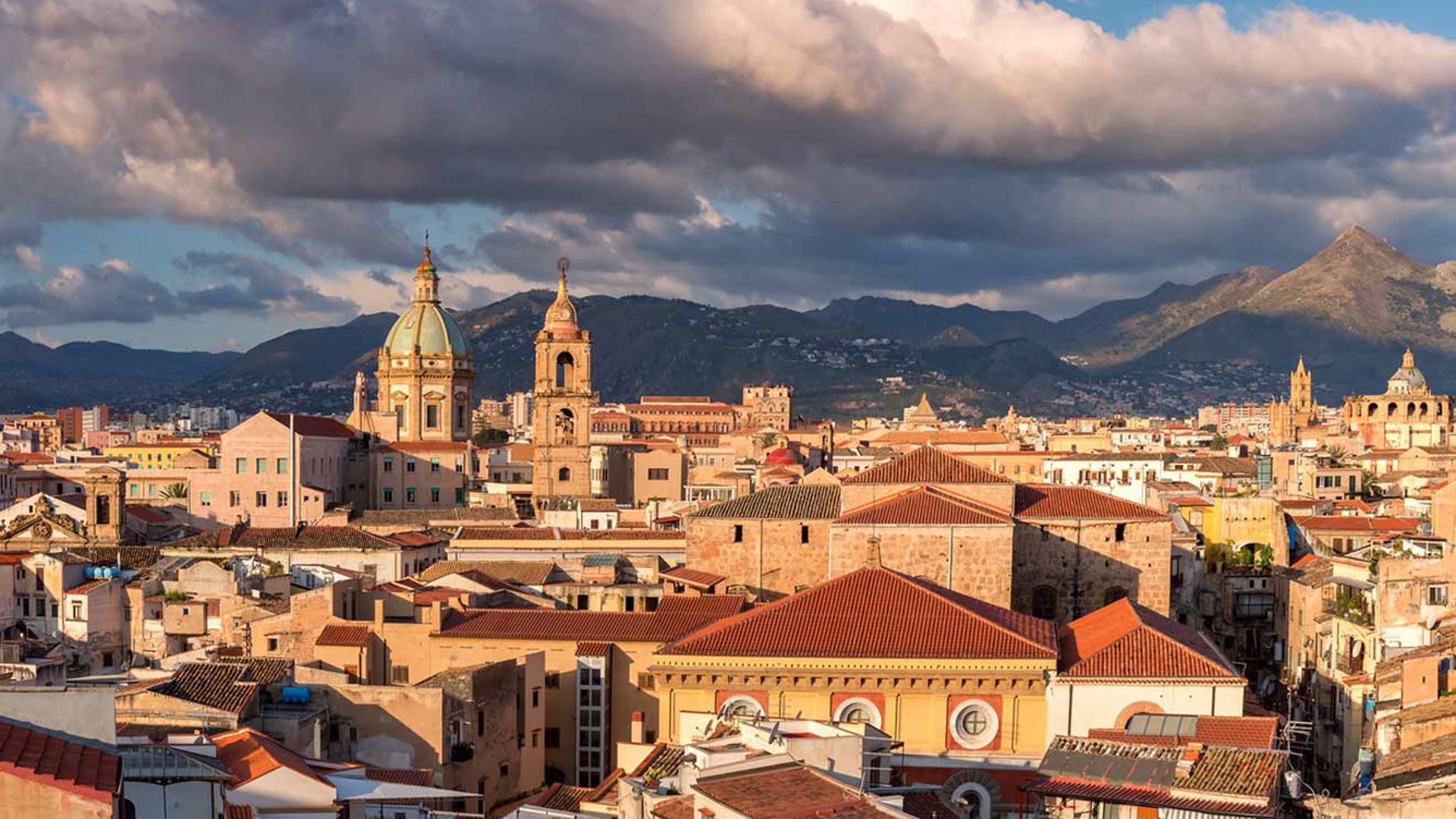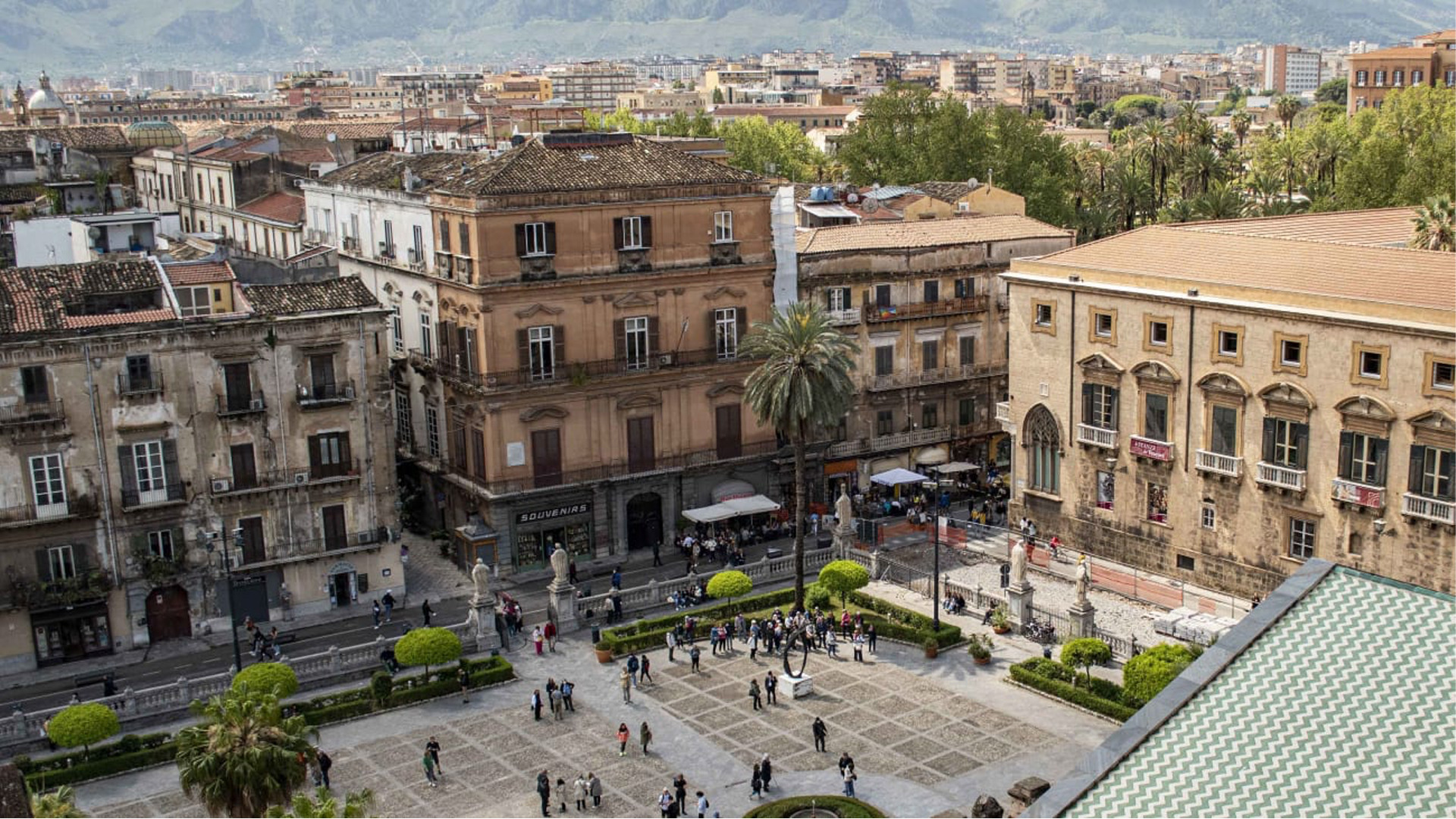Italy is poised to open a multi-site, interactive mafia museum dedicated to telling the stories of the country’s fight against organized crime. Located in Palermo, a former stronghold of the Cosa Nostra mafia, it is the brainchild of the anti-mafia charity Fondazione Falcone. The museum will display archival material such as documents, films, and photographs, and sounds and smells will also be employed to place visitors in key moments of mafia history.
The museum is dedicated to anti-mafia judges and prosecuting magistrates Giovanni Falcone and Paolo Borsellino, both of whom were murdered by the mafia within a few months of each other in 1992. Falcone was murdered in May of 1992 with a car bomb. The mafia museum comes on the heels of a major public art project staged in Palermo in 2022 that marked the 30th anniversary of Falcone’s death, and will be inaugurated on May 23 to coincide with the date of his murder.

“Thirty years after the mafia massacres in Italy we wanted to give life to a museum dedicated to the life, memory, and the current fight against the mafia, dedicated to Giovanni Falcone and Paolo Borsellino, to all the victims of the mafia,” said Maria Falcone, sister to Giovanni Falcone, and the president of Fondazione Falcone. “A special cultural space that unites institutions, led by the State Police and the Carabinieri, private individuals, and other partner museums.”
Falcone added that the museum in Palermo will be the first of its kind to open in Italy. There are plans to open two others in the capital of Rome and in the north of the county in Bolzano.
“It will not simply be a museum of memory but also a dynamic place where people can meet,” said Falcone. “This, for us, is a way of recognizing the courage of a city that over the years has found the strength to stand up to criminal activity, with civic passion, social responsibility, and cultural independence.
Palermo’s mayor, Roberto Lagalla said that “student and young people will be active protagonists of what we hope will become an interactive, narrating and itinerant museum which, in addition to bringing our history to other Italian cities, proposes itself as a place of hospitality and reflection for tourists, the world of work, businesses and citizens.”
Asia London Palomba
Asia London Palomba is a trilingual freelance journalist from Rome, Italy. In the past, her work on culture, travel, and history has been published in The Boston Globe, Atlas Obscura, The Christian Science Monitor, and Grub Street, New York Magazine's food section. In her free time, Asia enjoys traveling home to Italy to spend time with family and friends, drinking Hugo Spritzes, and making her nonna's homemade cavatelli.


